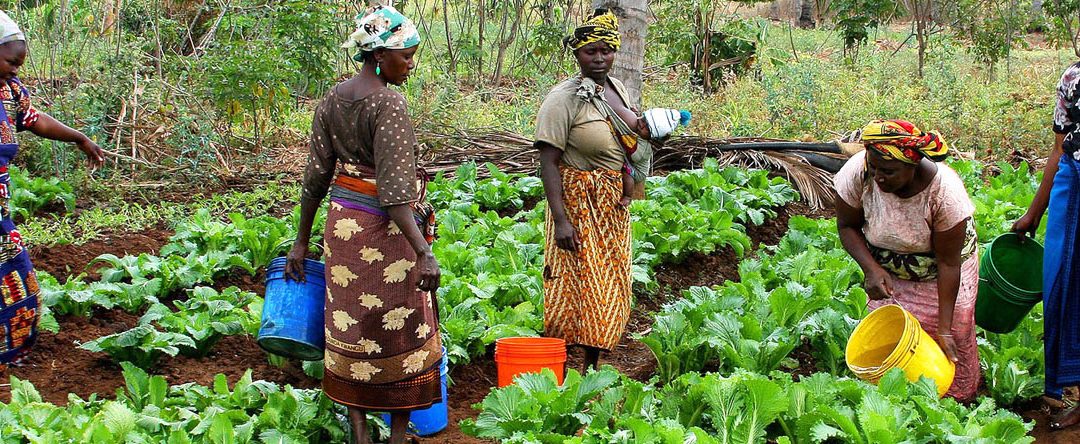4-15 March 2019, Arusha Tanzania with WISE – Futures and The University of Manchester
Course description:
Across the African continent, increasing climatic variability and the uneven distribution and availability of both surface and subsurface water resources calls for further investment in water management in order to increase agricultural production. Recognising this, the African Union’s Comprehensive African Agriculture Development Programme has promoted a review of irrigation policy by national governments which in turn gave rise to ambitious new national policies for irrigation investment. Currently, these national policies are being implemented across the continent, yet many challenges remain in reaching the stated objectives. Looking beyond public irrigation investments to include private initiatives, this course gives professionals the tools and insights to engage productively with different types of irrigation development in Africa, ranging from agribusinesses, public irrigation schemes and farmers’ irrigation initiatives.
Through linked field visits, lectures and exercises, course participants explore the challenges and possible solutions for different types of irrigation. Seeing irrigation as part of a broader agricultural system, the 11-day course does not exclusively cover irrigation design topics, but also provides the opportunity to discuss issues concerning irrigation mapping, the gendered aspects of irrigation development, value chains in irrigated agriculture, irrigation system management, water governance, and monitoring and evaluation. By applying the general lessons and insights from the lectures directly through Tanzanian cases of irrigation development during group work, the course strengthens the capacity of participants to integrate contemporary issues into irrigation planning and management. At the end of the course, each participant will receive a course certificate.
Who should attend:
- Practitioners in irrigation and agriculture departments in relevant ministries and agencies in various African countries
- Early career and/or female professionals are especially encouraged to apply
Costs:
The course organisers will pay for all participants’ accommodation and the costs of the training, including field trips, transport to and from the training venue and a daily lunch. A limited amount of funds is available to financially support participants’ travel. All other costs are expected to be covered by the participant or his/her organisation.
To apply:
- Those interested in participating in the course should send an email before February 1st 2019 to wise.admin[at]nm-aist.ac.tz, mentioning “short course irrigation development” in the subject heading.
- Please include a short motivational statement, a CV, and a statement of your employer agreeing to support your participation.
- We will notify the selected participants in the first week of February.

